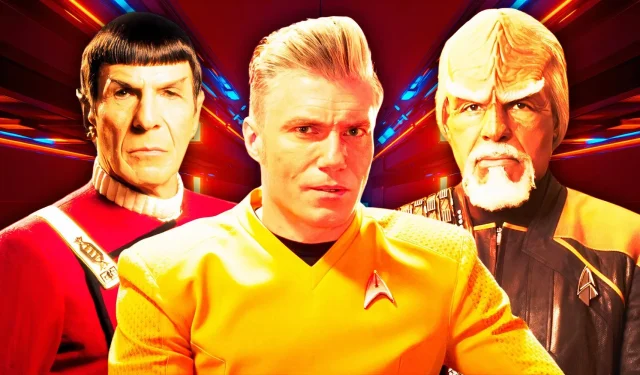
Holding the position of First Officer aboard the USS Enterprise in Star Trek does not necessarily guarantee an automatic promotion to Captain. The USS Enterprise serves as the flagship of the United Federation of Planets, representing one of the most prestigious roles within Starfleet. Captains of the Enterprise not only enjoy the thrill of commanding this iconic ship but also become integral figures in Starfleet’s celebrated history. However, it’s important to note that many First Officers, despite their experience and capabilities, do not ascend to the rank of Captain on the Enterprise.
The many iterations of the USS Enterprise, along with its 22nd-century predecessor, the NX-01 Enterprise, are undoubtedly the most recognized starships within the Star Trek universe. Figures such as Captain James T. Kirk (portrayed by William Shatner) and Captain Jean-Luc Picard (played by Patrick Stewart) have become legendary, yet their legendary status is highly dependent on the contributions from their dedicated crews, especially their exceptional First Officers.
The responsibilities of a Number One encompass various roles including serving as a communication bridge to the crew, acting as a trusted advisor, and at times, safeguarding the Captain from making hasty decisions. While First Officers are typically being groomed for the role of Captain, only three Number Ones have made the transition to command the Enterprise.
Christopher Pike
Succeeded Captain Robert April
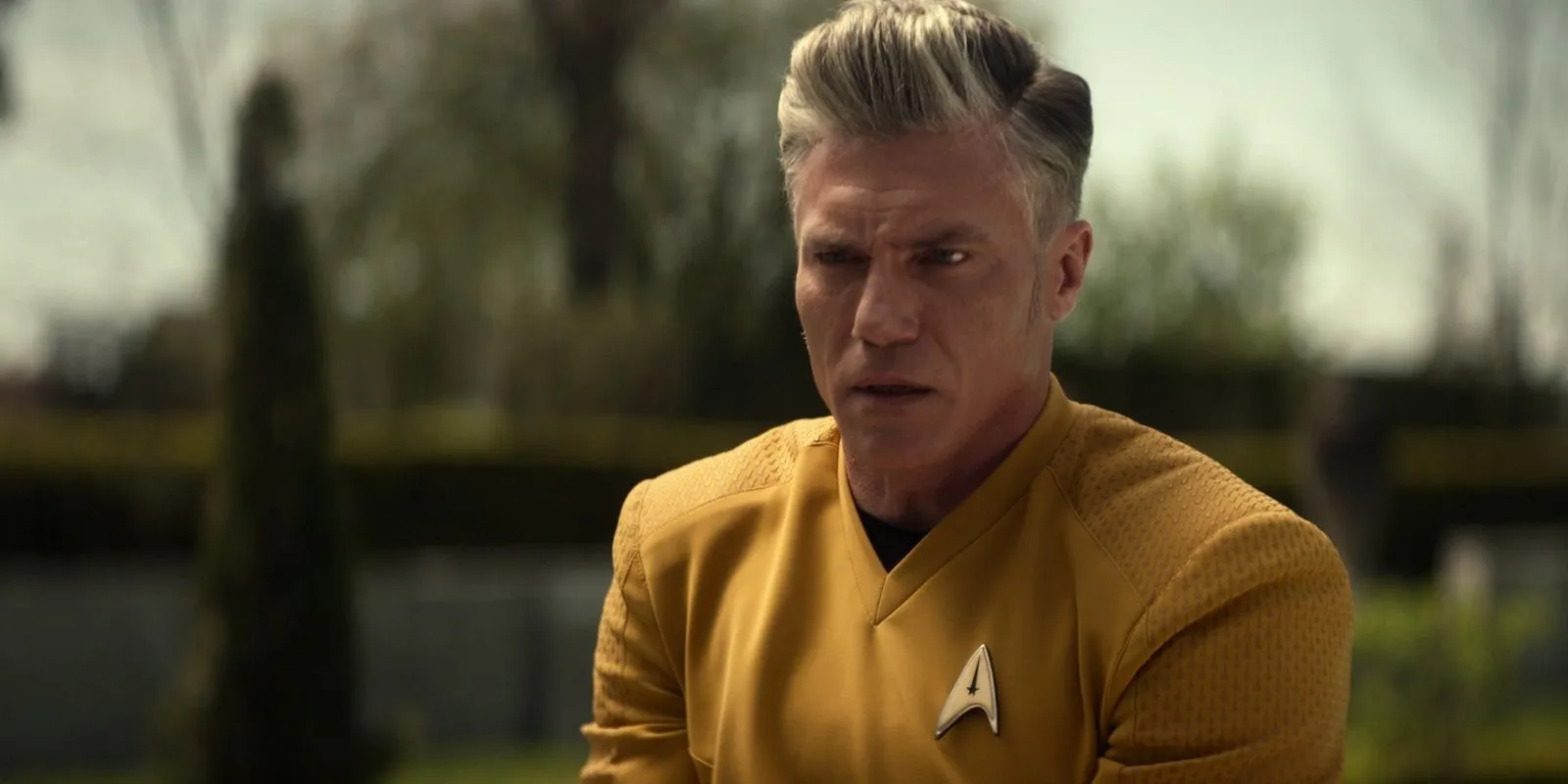
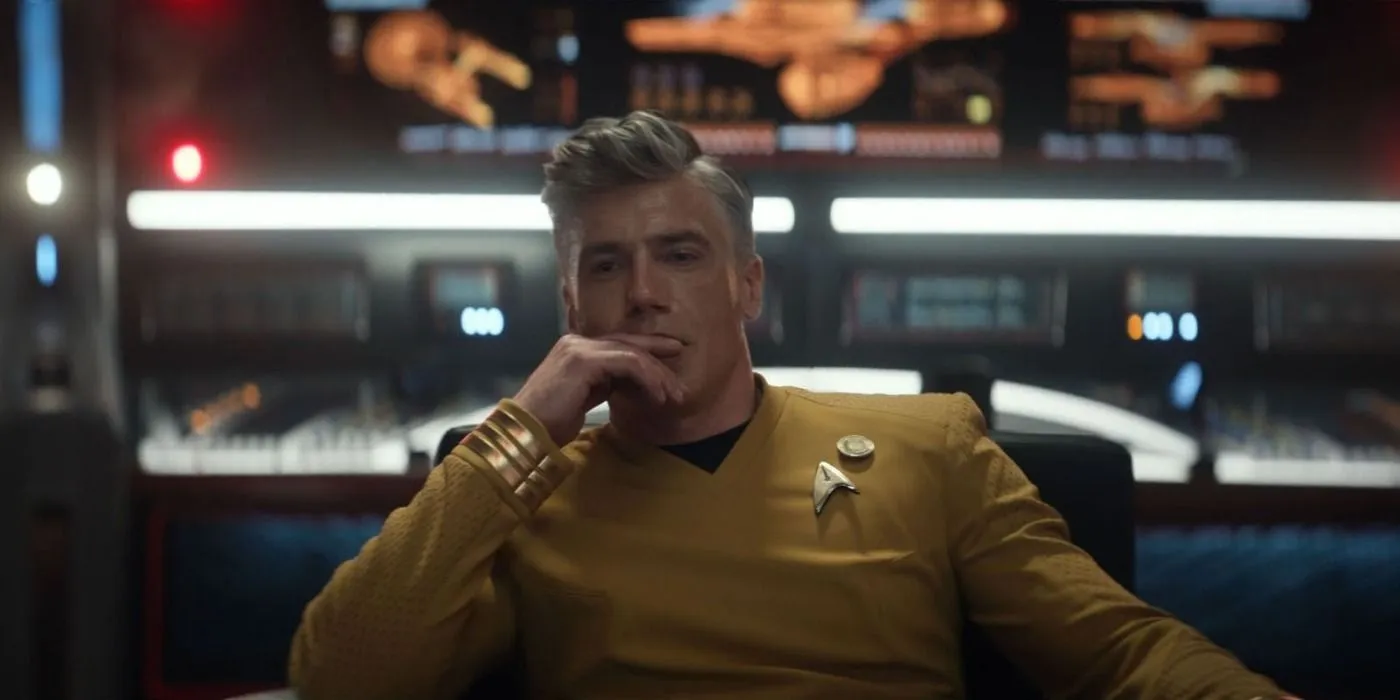
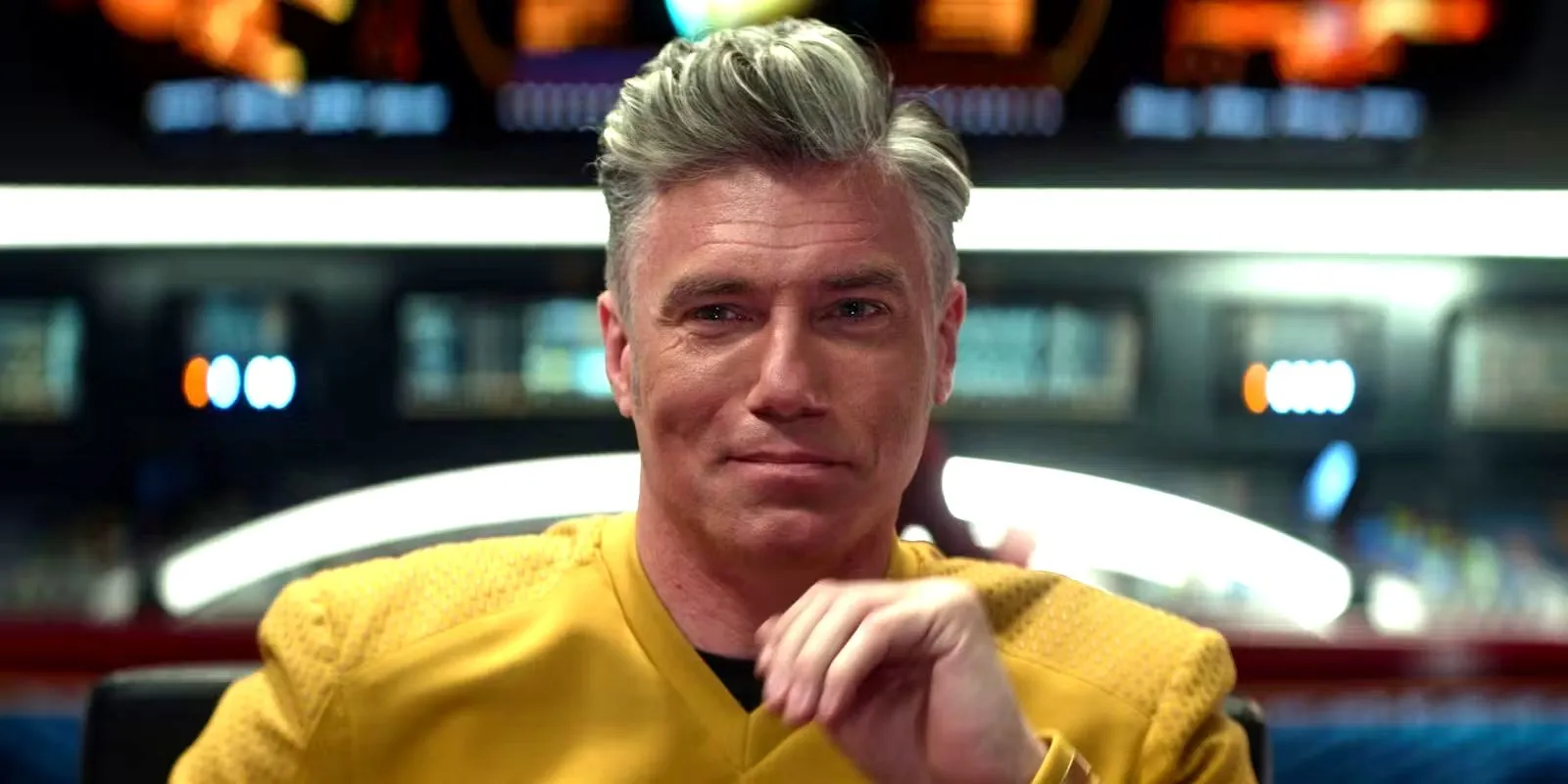
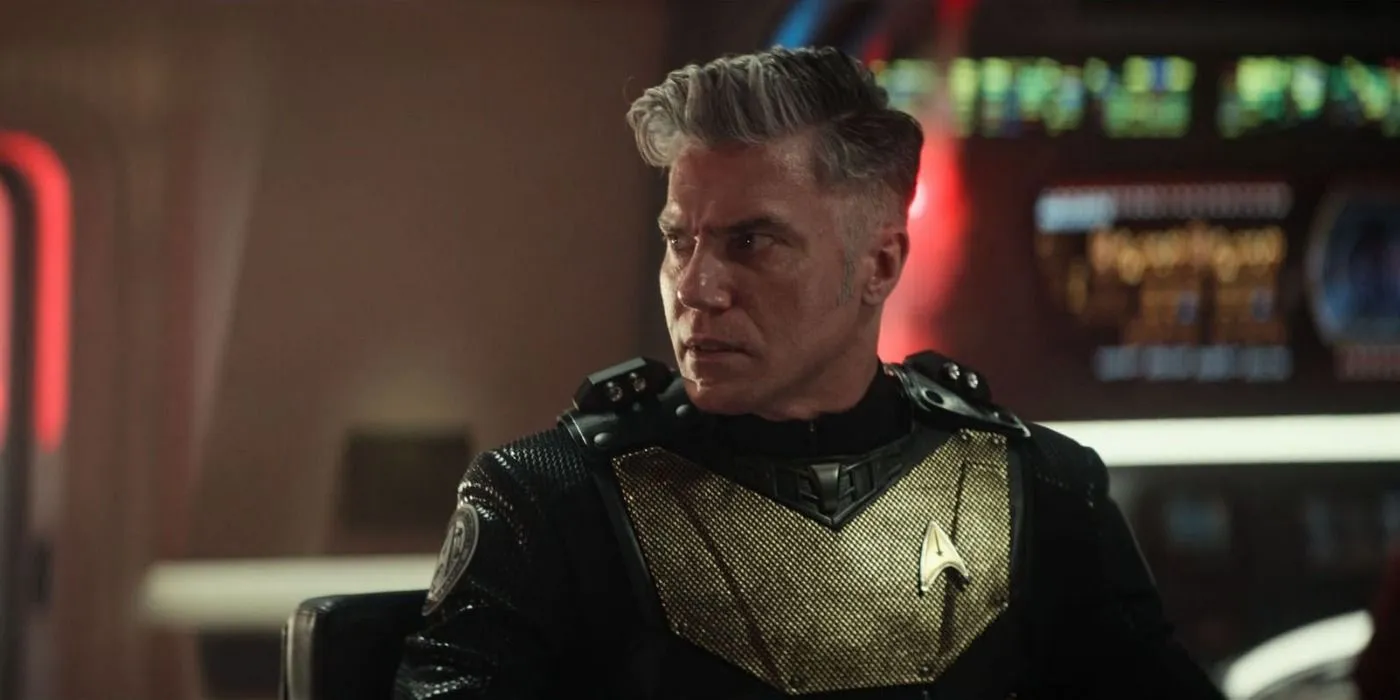
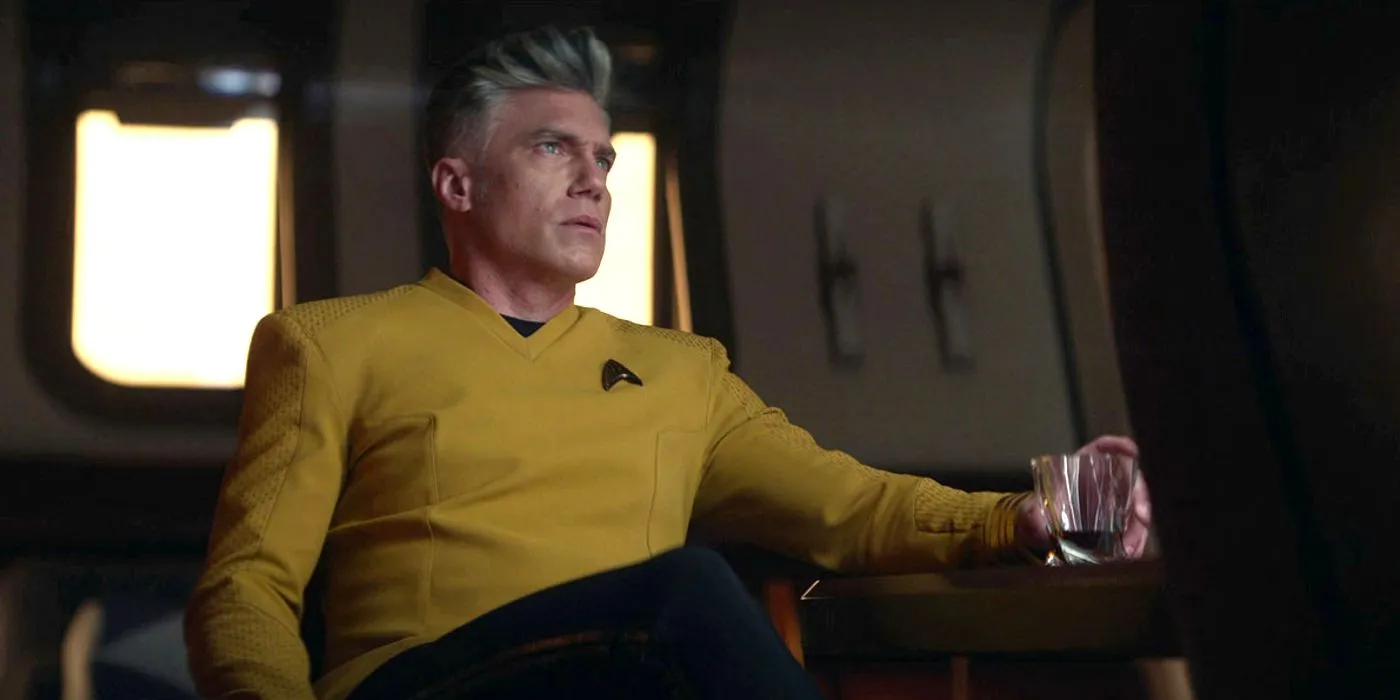
In the chronological sequence of the Star Trek timeline, Christopher Pike (represented by Jeffrey Hunter and Anson Mount) holds the distinction of being the first Number One to ascend from First Officer to Captain of the USS Enterprise. Initially serving under Captain Robert April (Adrian Holmes), who commanded the Constitution Class USS Enterprise during its first five-year mission, Pike was April’s chosen successor upon the latter’s promotion to Admiral in 2250.
Pike’s adventures aboard the Enterprise are depicted in “The Cage,”the original pilot episode, along with the series “Star Trek: Strange New Worlds.””The Cage”occurs in 2254, while Strange New Worlds resumes five years later, following events from Star Trek: Discovery season 2. Notably, Captain Pike values his First Officer, Lt. Commander Una Chin-Riley (Rebecca Romijn), given his personal understanding of the attributes that make for an exceptional Number One.
Additionally, Captain Pike has a romantic relationship with Captain Marie Batel (Melanie Scrofano) from the USS Cayuga. He actively seeks input from his senior team, often using their insights for critical decision-making. His fondness for hosting gatherings highlighting his culinary skills speaks volumes about his leadership approach, suggesting that Pike’s experience as an exemplary First Officer seamlessly translated into his capabilities as Captain of the Enterprise.
Spock
Succeeded Captain James T. Kirk
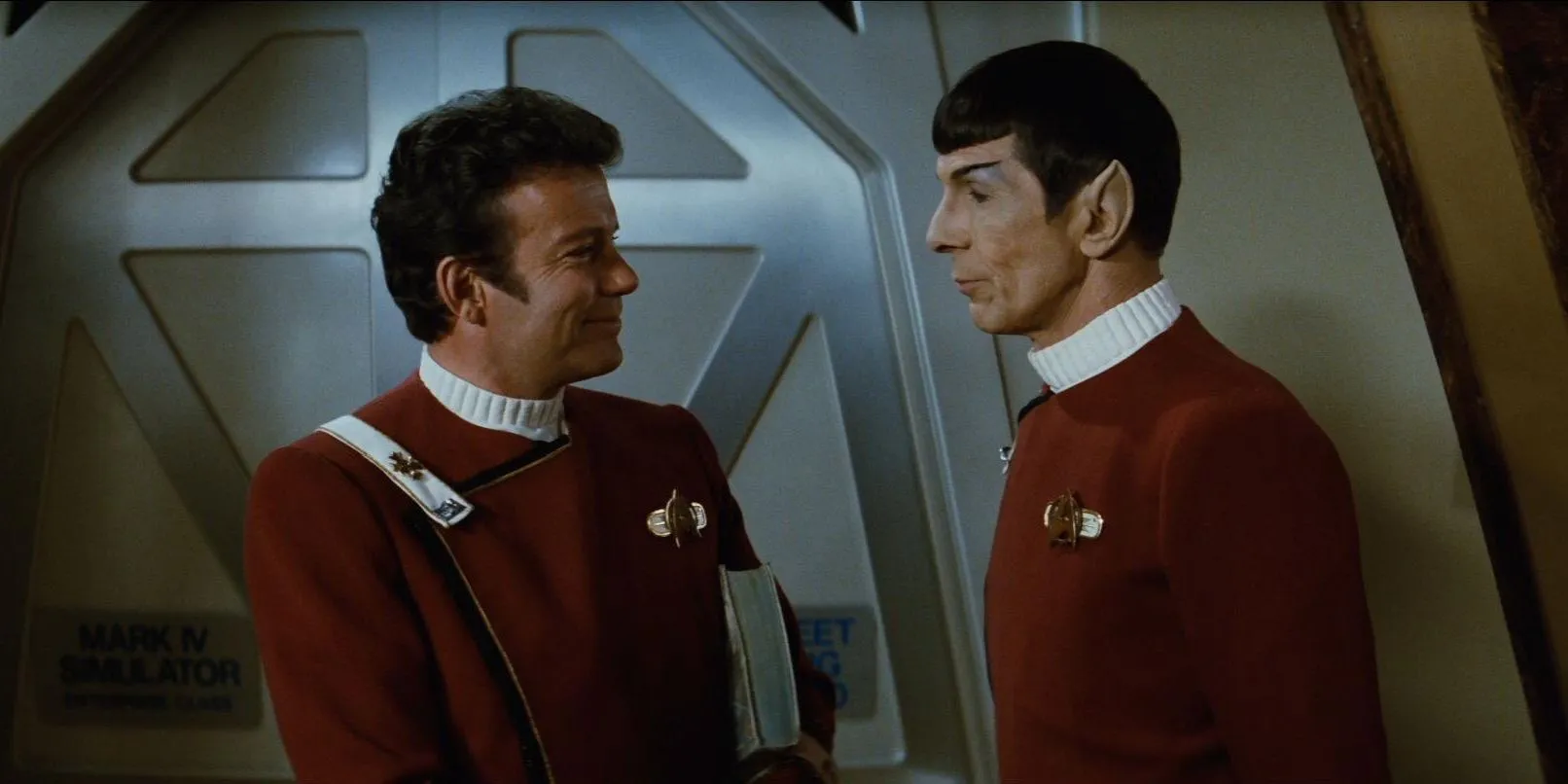
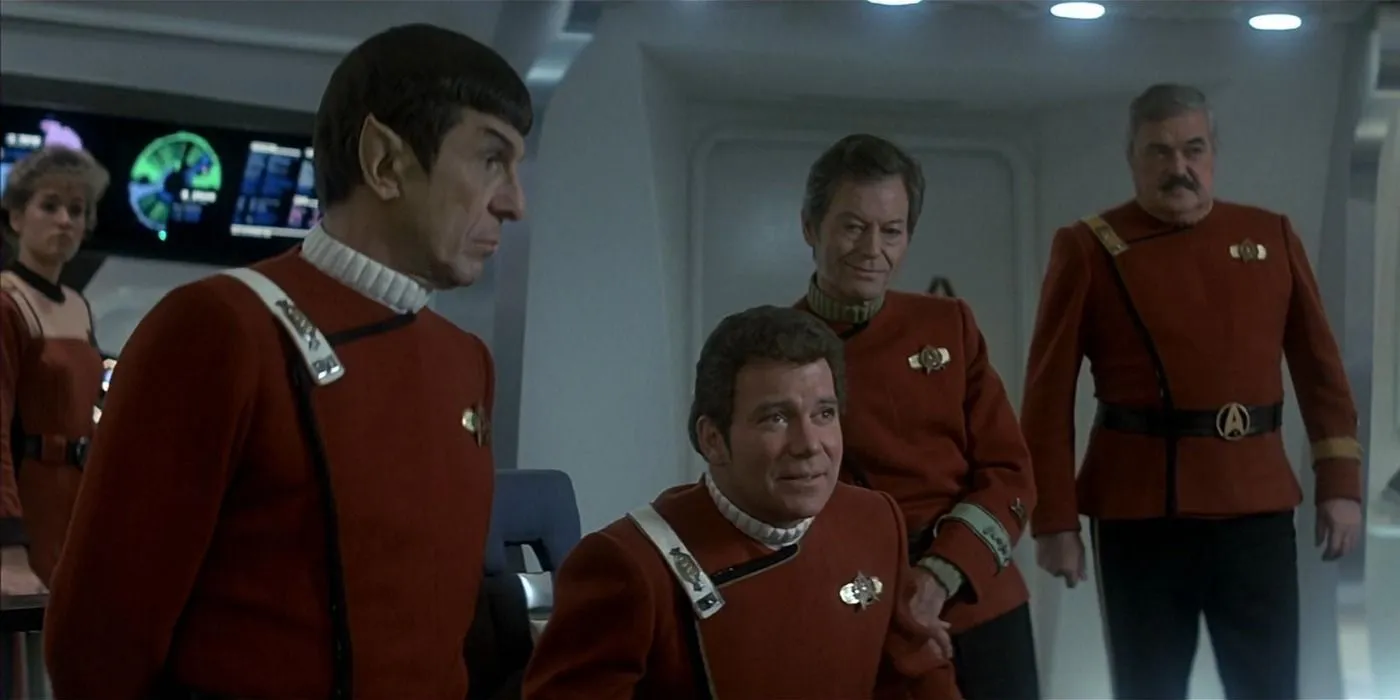
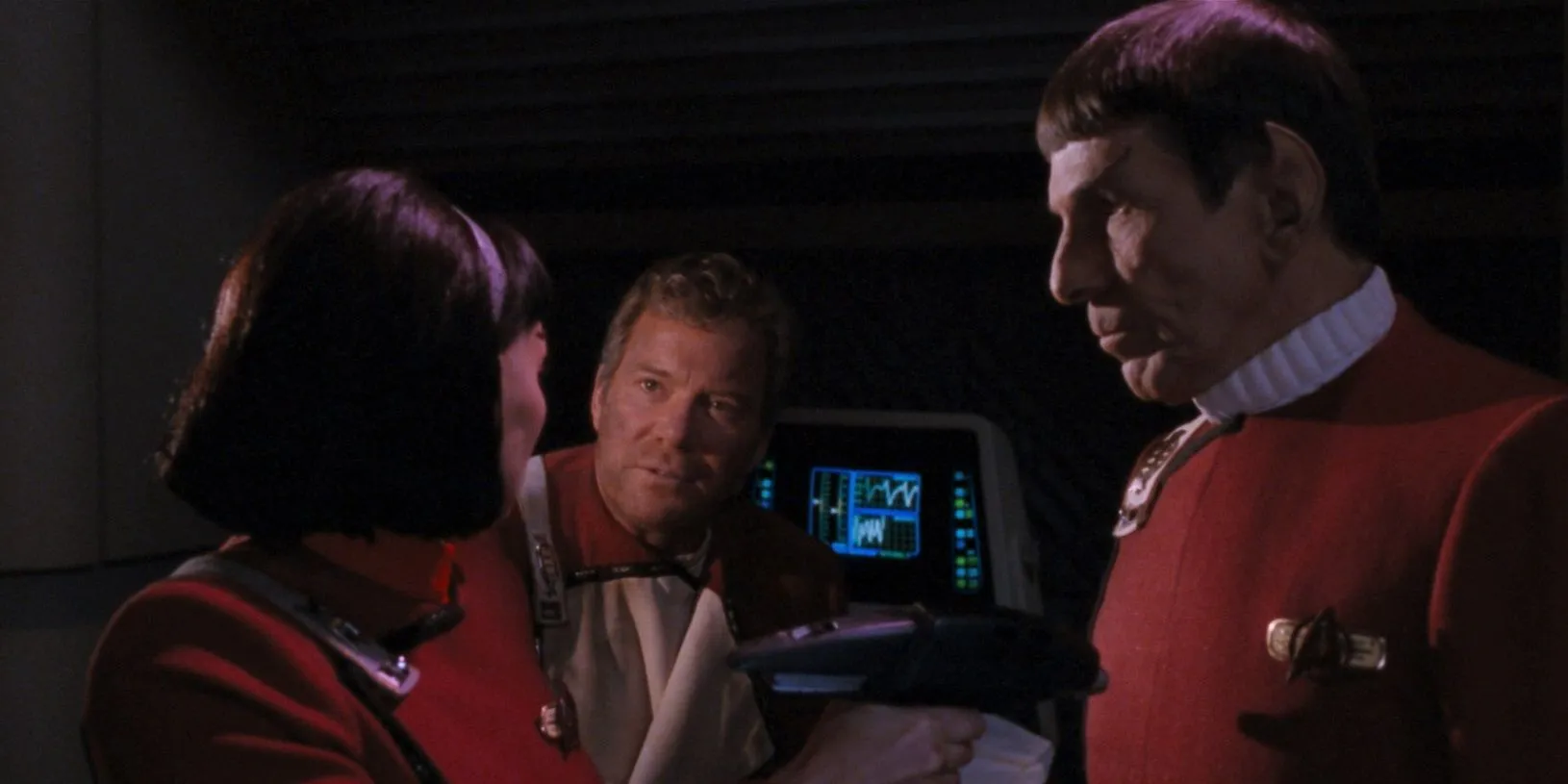
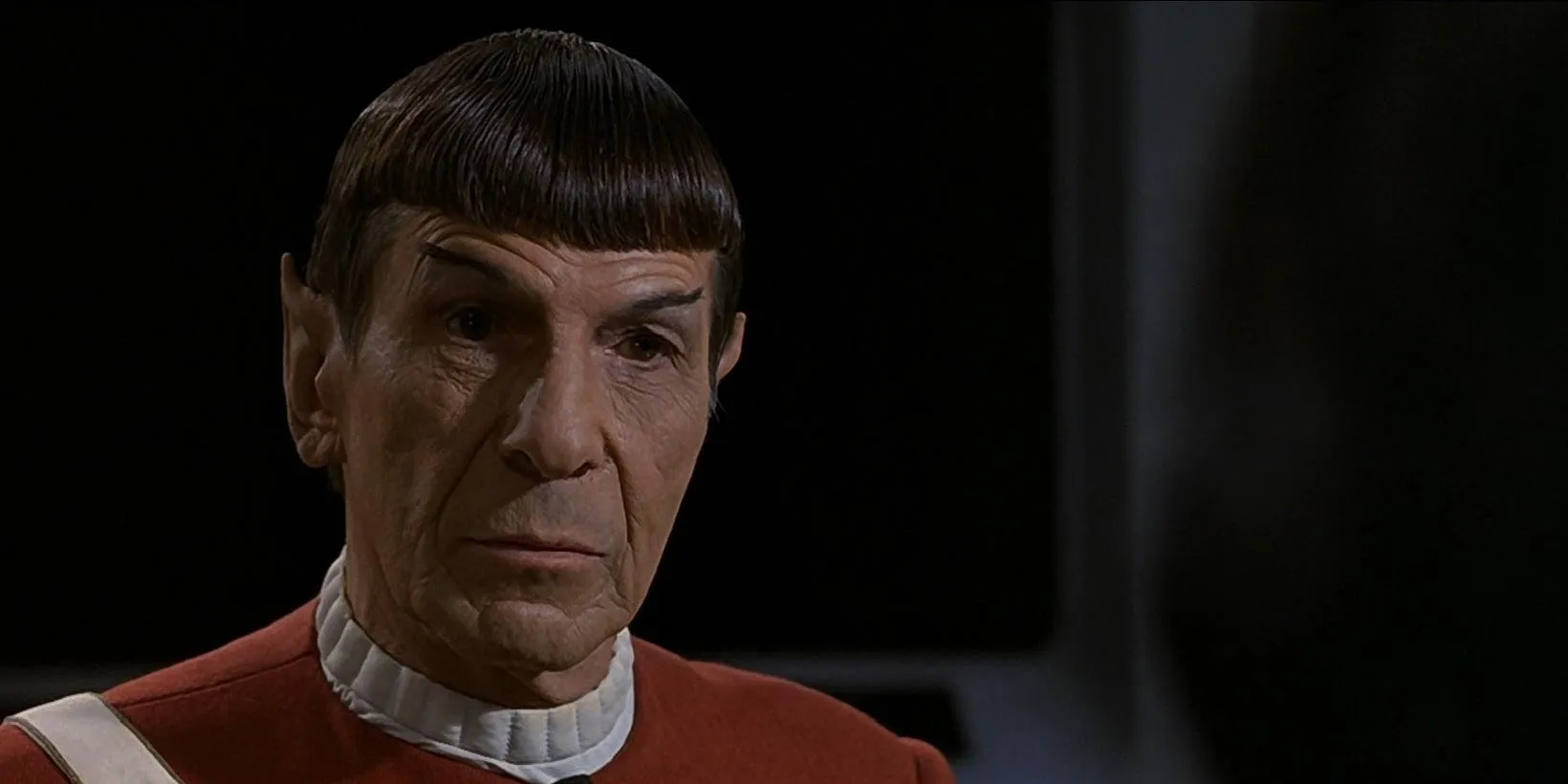
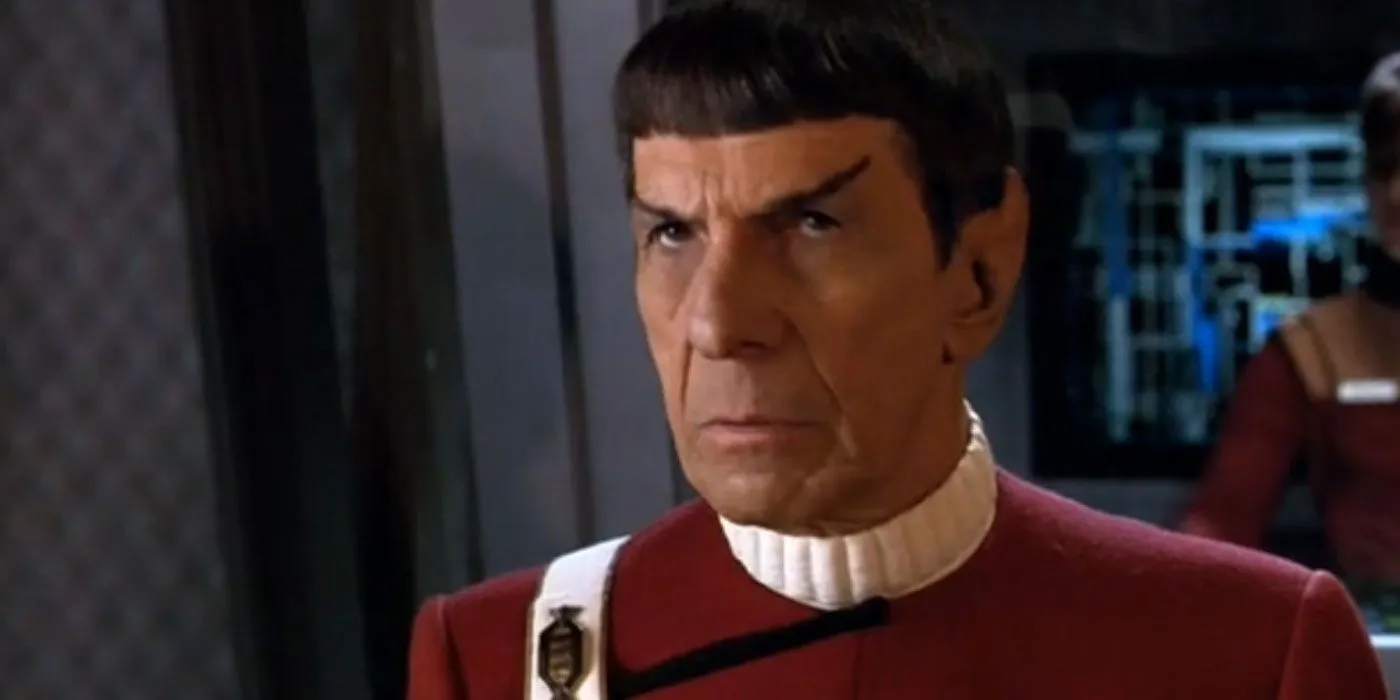
Captain Spock (portrayed by Leonard Nimoy) succeeded Admiral James T. Kirk under unusual circumstances. After the narrative of Star Trek: The Motion Picture unfolded, Admiral Kirk found himself back in command of the USS Enterprise due to unforeseen events leading to Captain Will Decker’s (Stephen Collins) First Officer position being vacated. Initially hesitant to pursue command, Spock had left Starfleet but was reinstated to assist in the operations of the ship.
During Star Trek II: The Wrath of Khan, Spock briefly took command of the familiar starship, which had transitioned into a training vessel. He stepped aside for Admiral Kirk in response to the crisis involving Khan Noonien Singh (Ricardo Montalban) and the Genesis Device. After sacrificing his life to save the Enterprise from Khan’s attack, Spock returned to active service following a dramatic revival.
Additinally, throughout Star Trek VI: The Undiscovered Country, Captain Spock served not only as a leader but also as a crucial mediator for peace between the Federation and Klingons, taking command of the Enterprise once more after Captain Kirk faced false charges. Shortly thereafter, Spock relinquished command back to Kirk, determining that he would not re-assume the Captaincy of the Enterprise.
Worf
Succeeded Captain Jean-Luc Picard
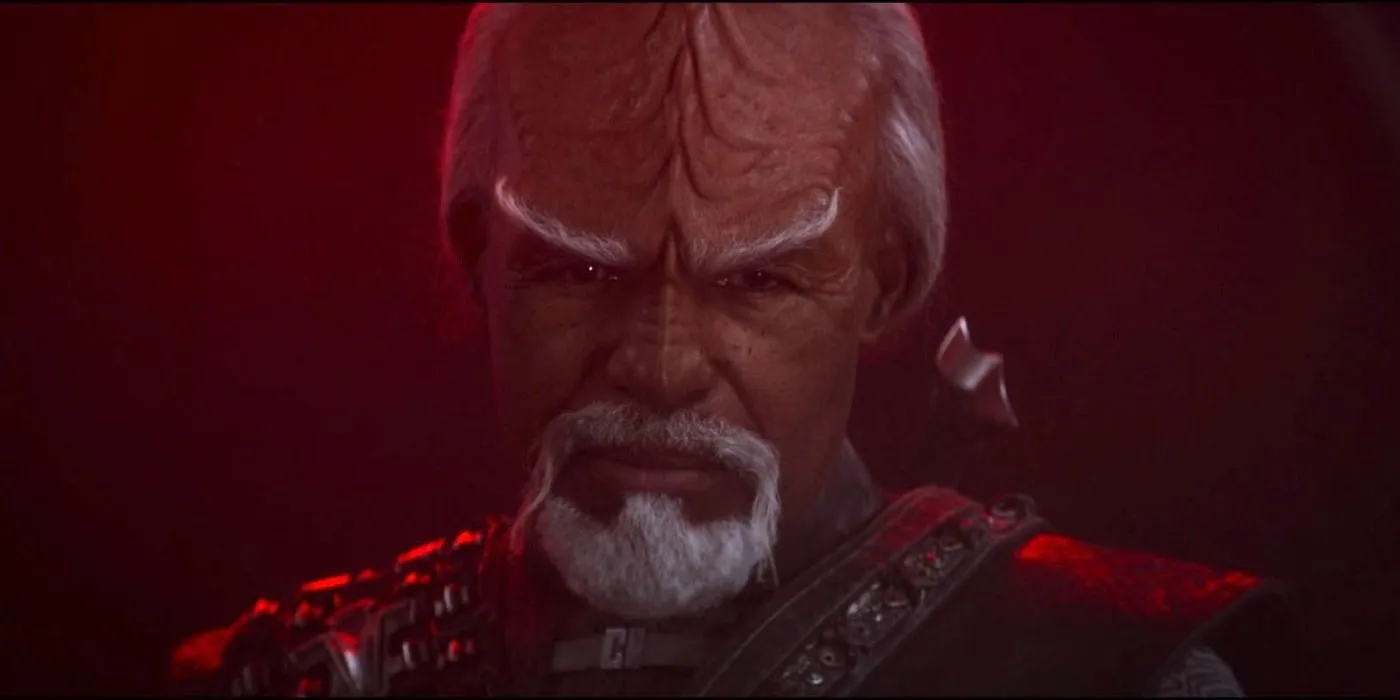
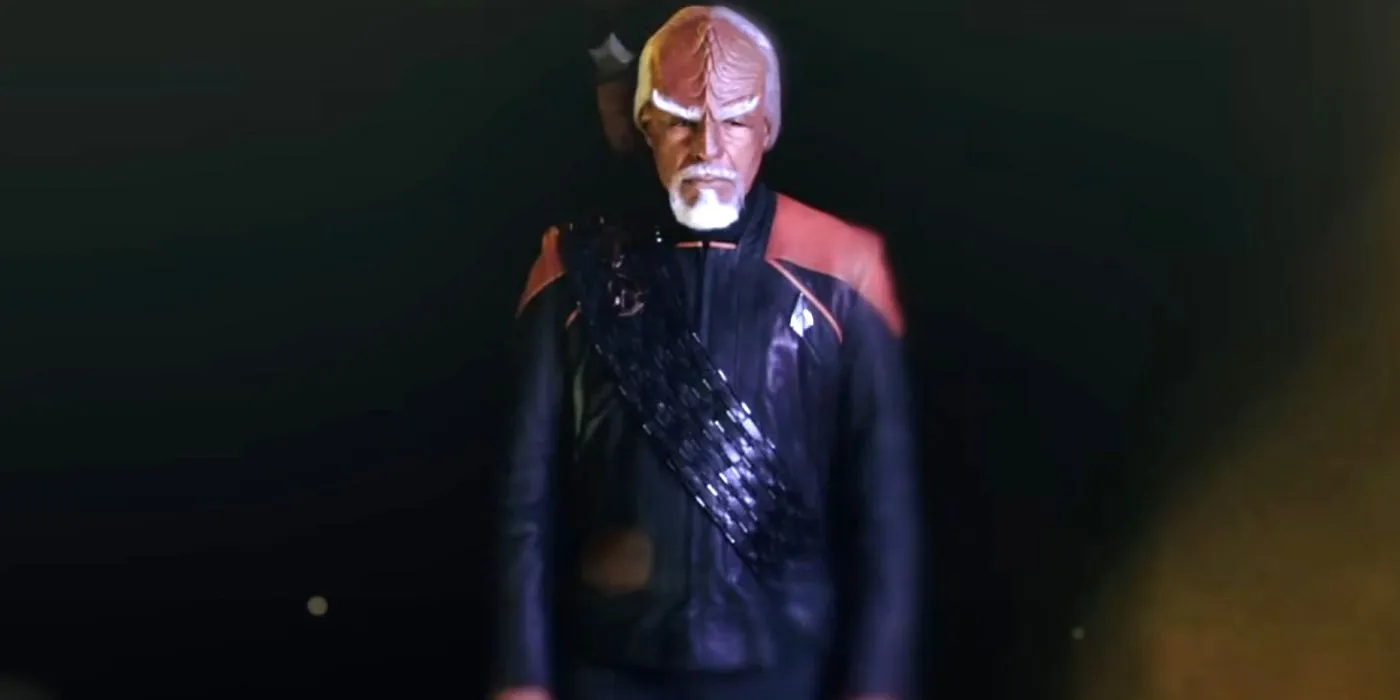
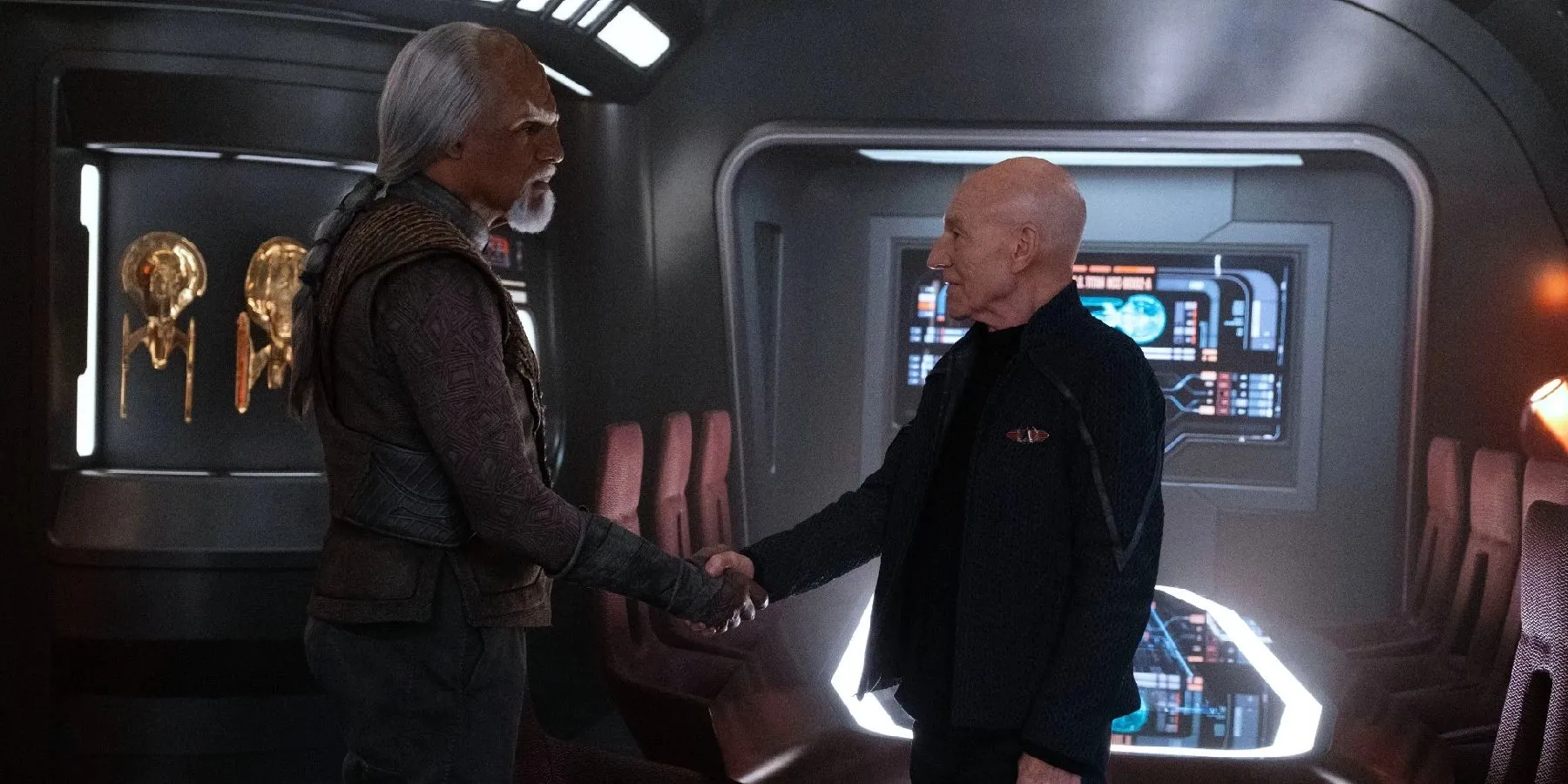
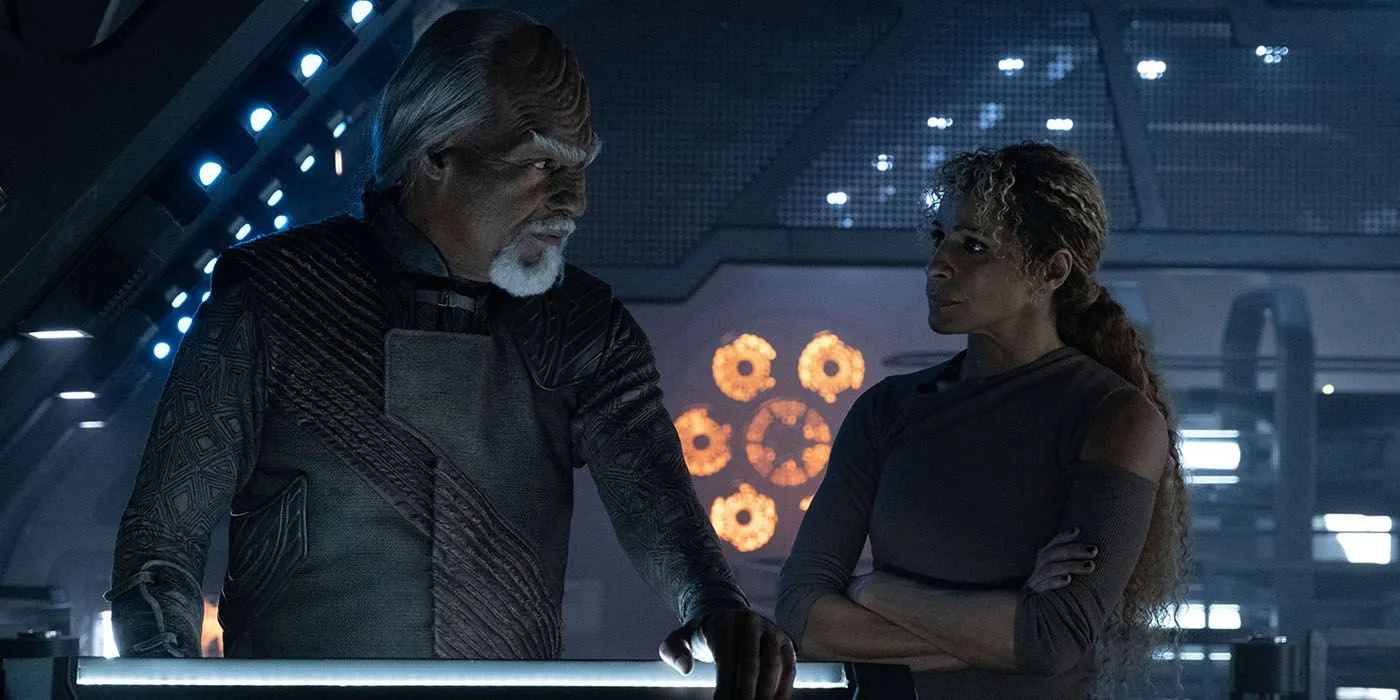
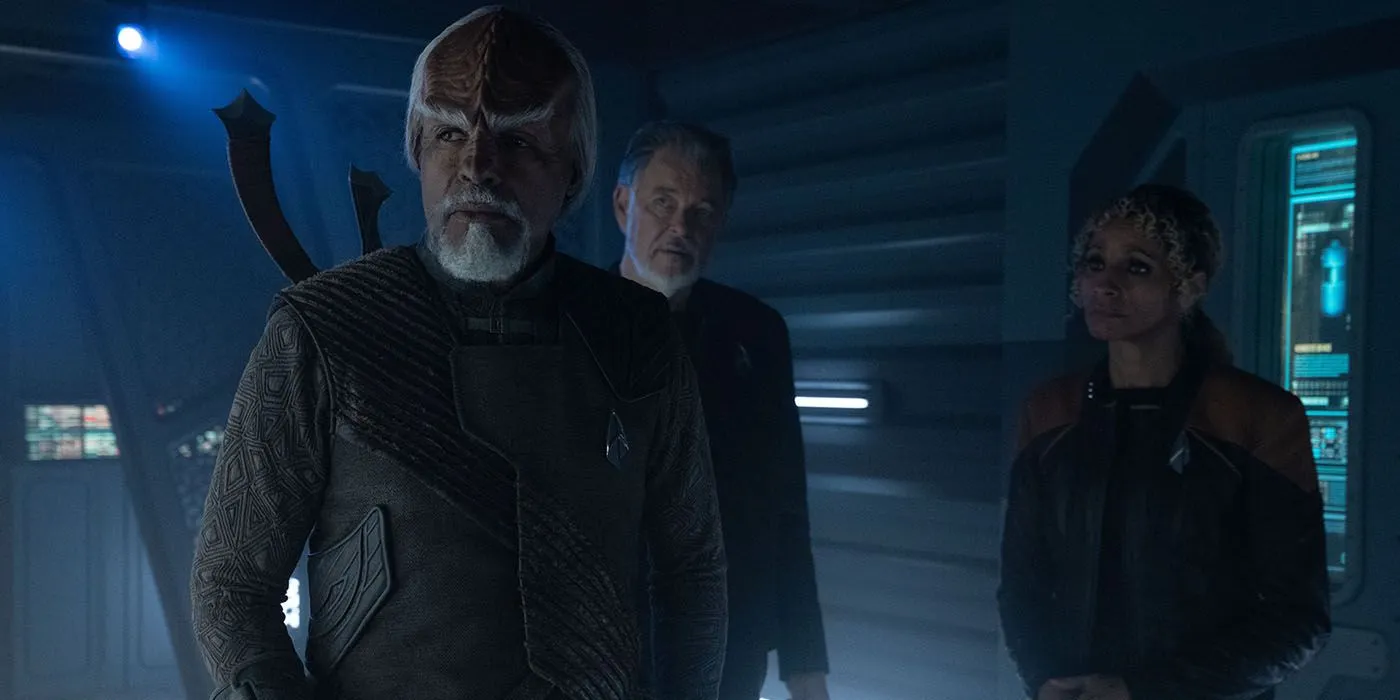
Although Worf (played by Michael Dorn) wasn’t the first to be a First Officer on the Enterprise, he ultimately rose to command after Jean-Luc Picard’s tenure. Following valuable service as the Strategic Operations Officer in Star Trek: Deep Space Nine, Worf transitioned back to the USS Enterprise-E as Security Chief in Star Trek: Nemesis after notable events reshuffled the command structure. With Commander Riker (Jonathan Frakes) advancing to Captain of the USS Titan and Lt. Commander Data (Brent Spiner) having succumbed, Worf was positioned to ascend as First Officer.
Revealed in Star Trek: Picard, Worf eventually took over command of the USS Enterprise-E in 2381, following Picard’s elevation to Admiral. This change in leadership occurred during a crucial Federation mission aimed at rescuing the Romulan populace from a devastating supernova. Captain Worf, however, faced challenges in maintaining command due to mysterious circumstances surrounding the loss of the Enterprise-E, which he firmly insists were not attributed to any fault of his own. While the specifics of Worf’s time as Captain remain largely untold, fans hope future episodes of Star Trek will delve deeper into this chapter of his journey.
Why Didn’t 3 Other Enterprise Number Ones Become Captain?
Different First Officers Had Different Reasons For Not Becoming Enterprise Captain
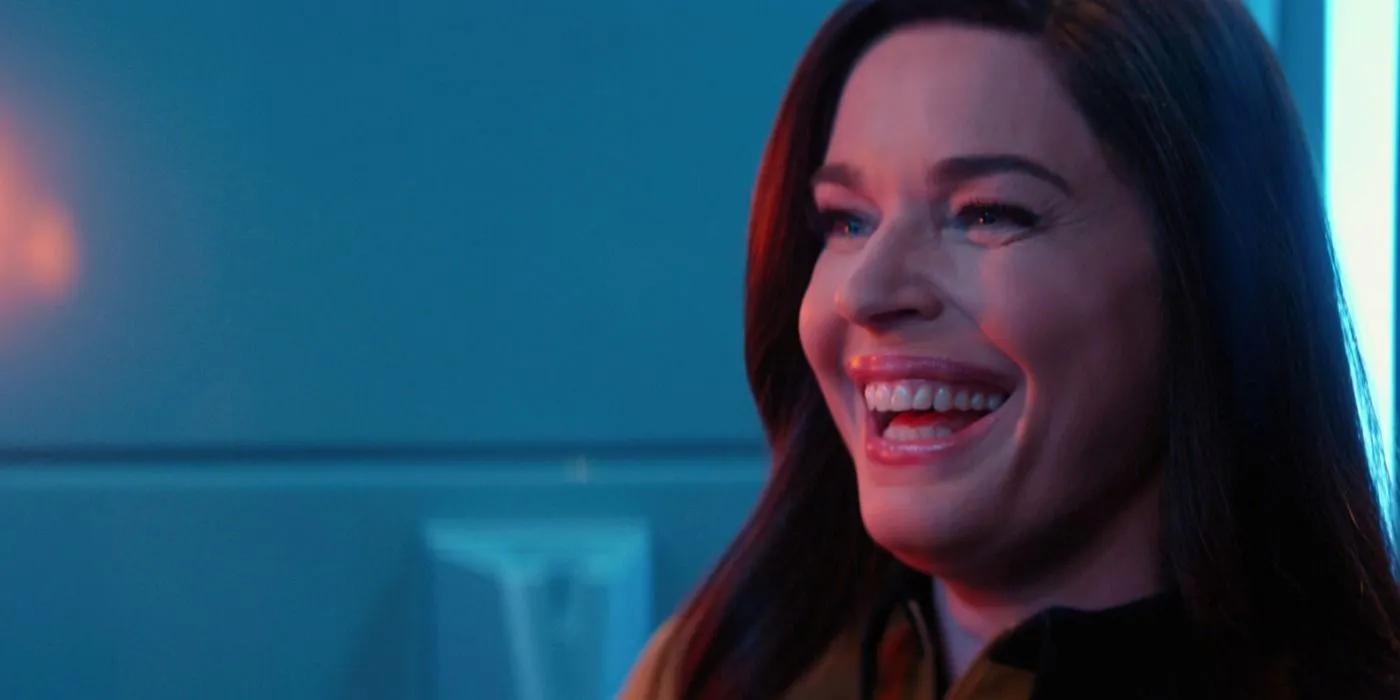
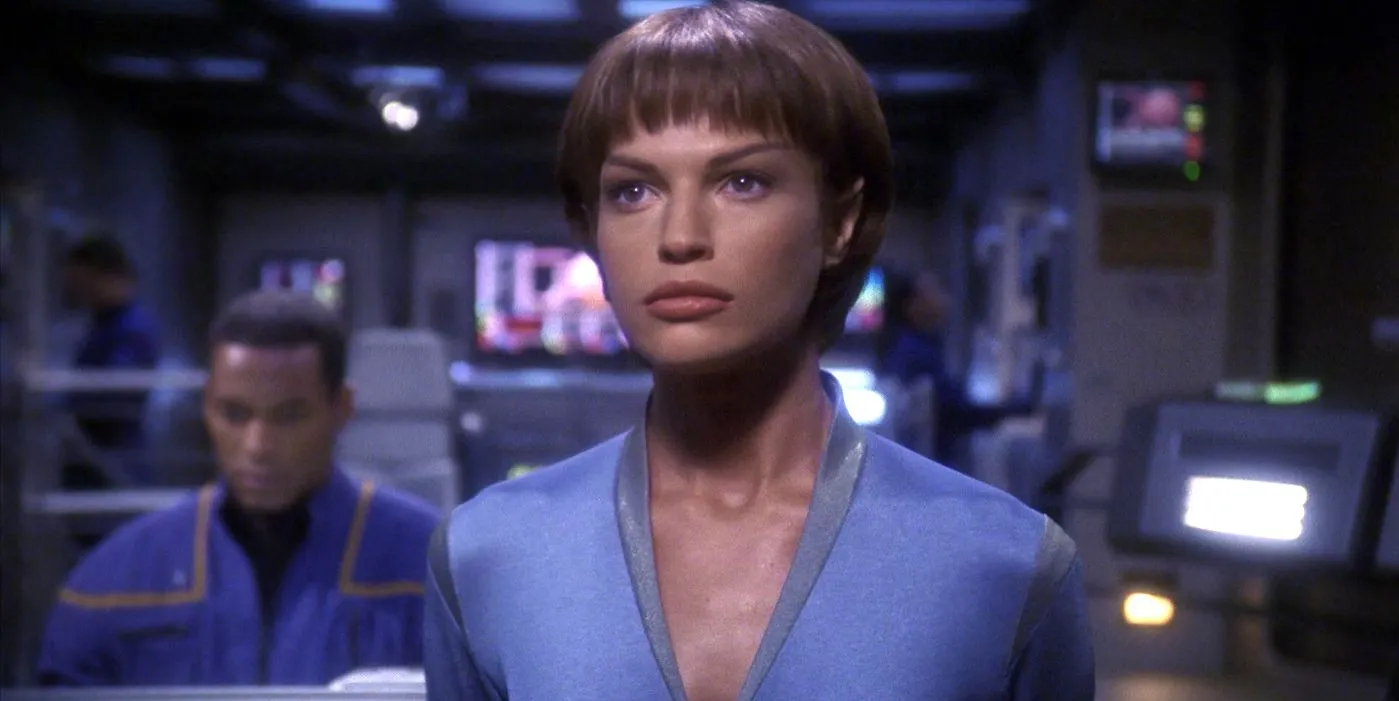
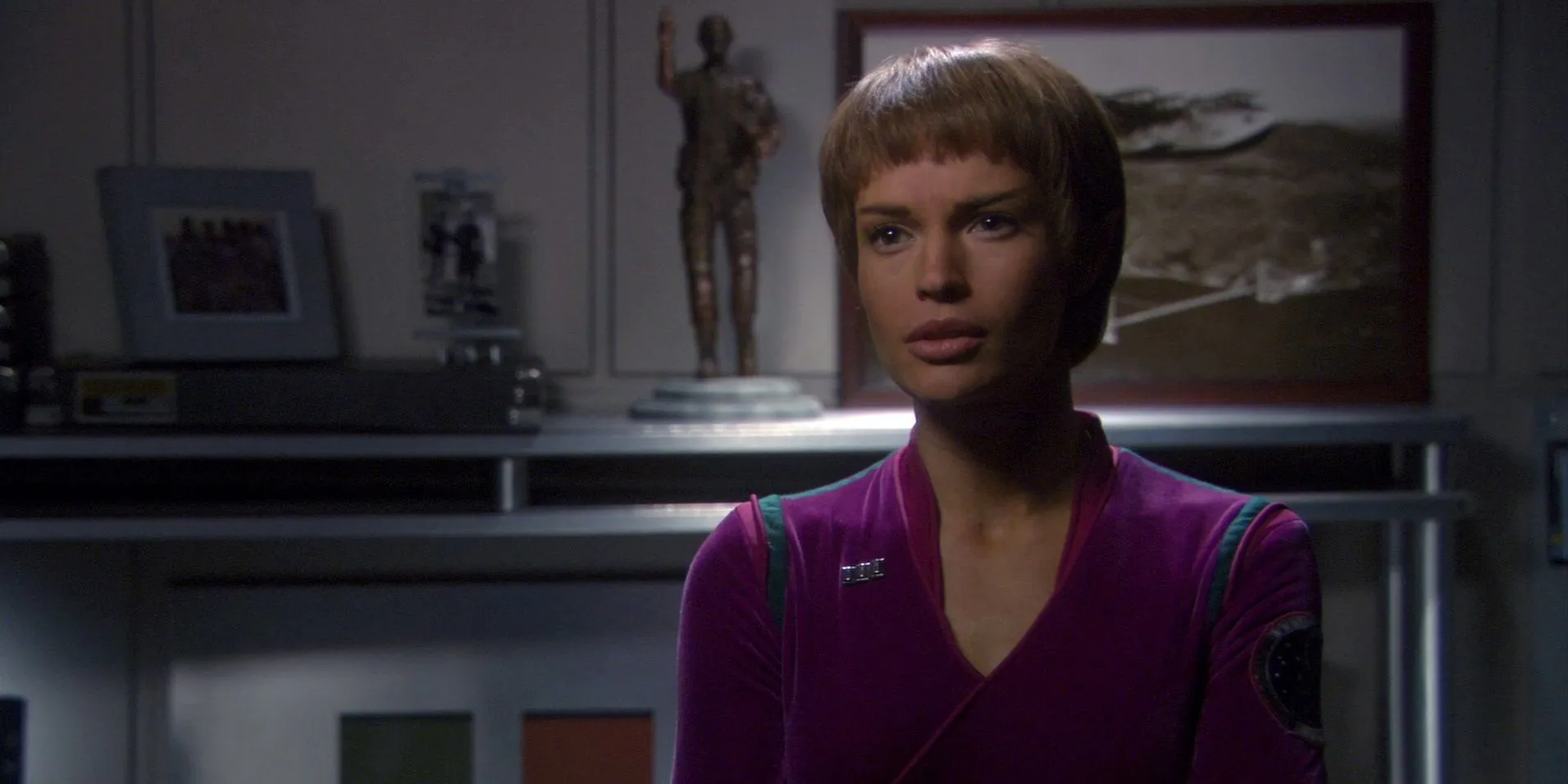
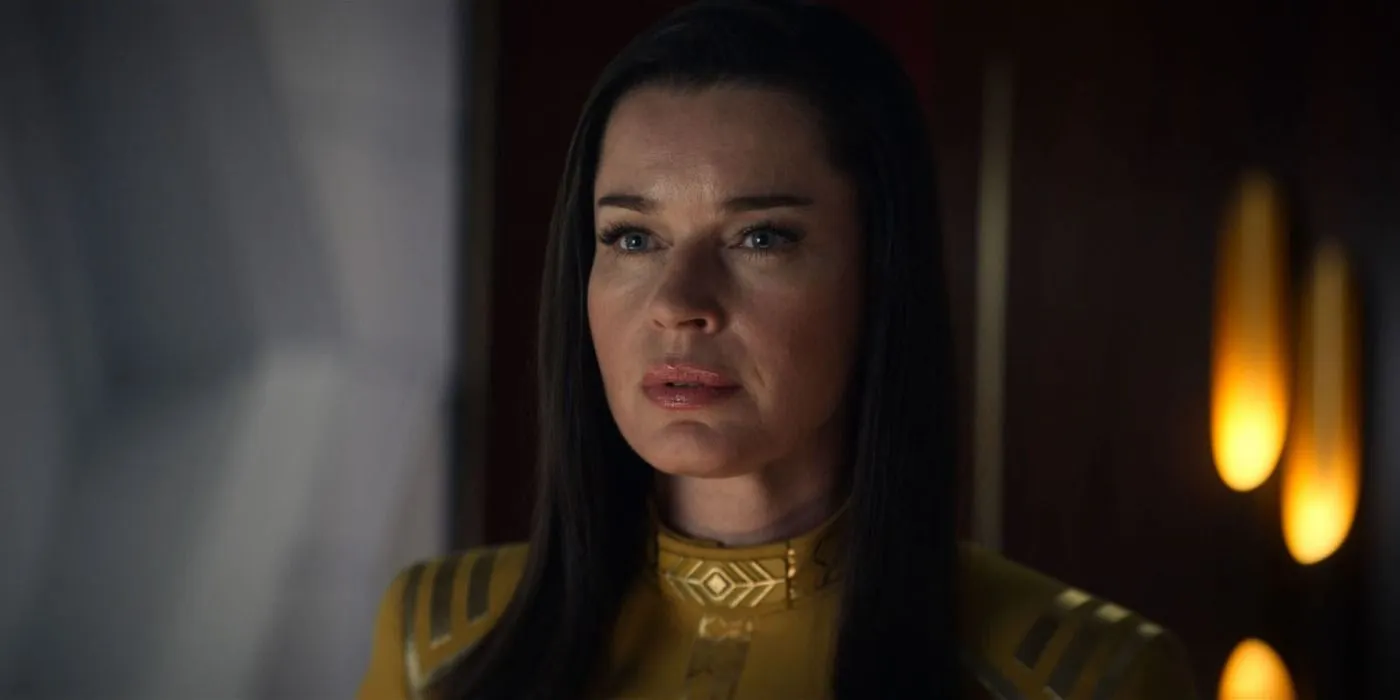
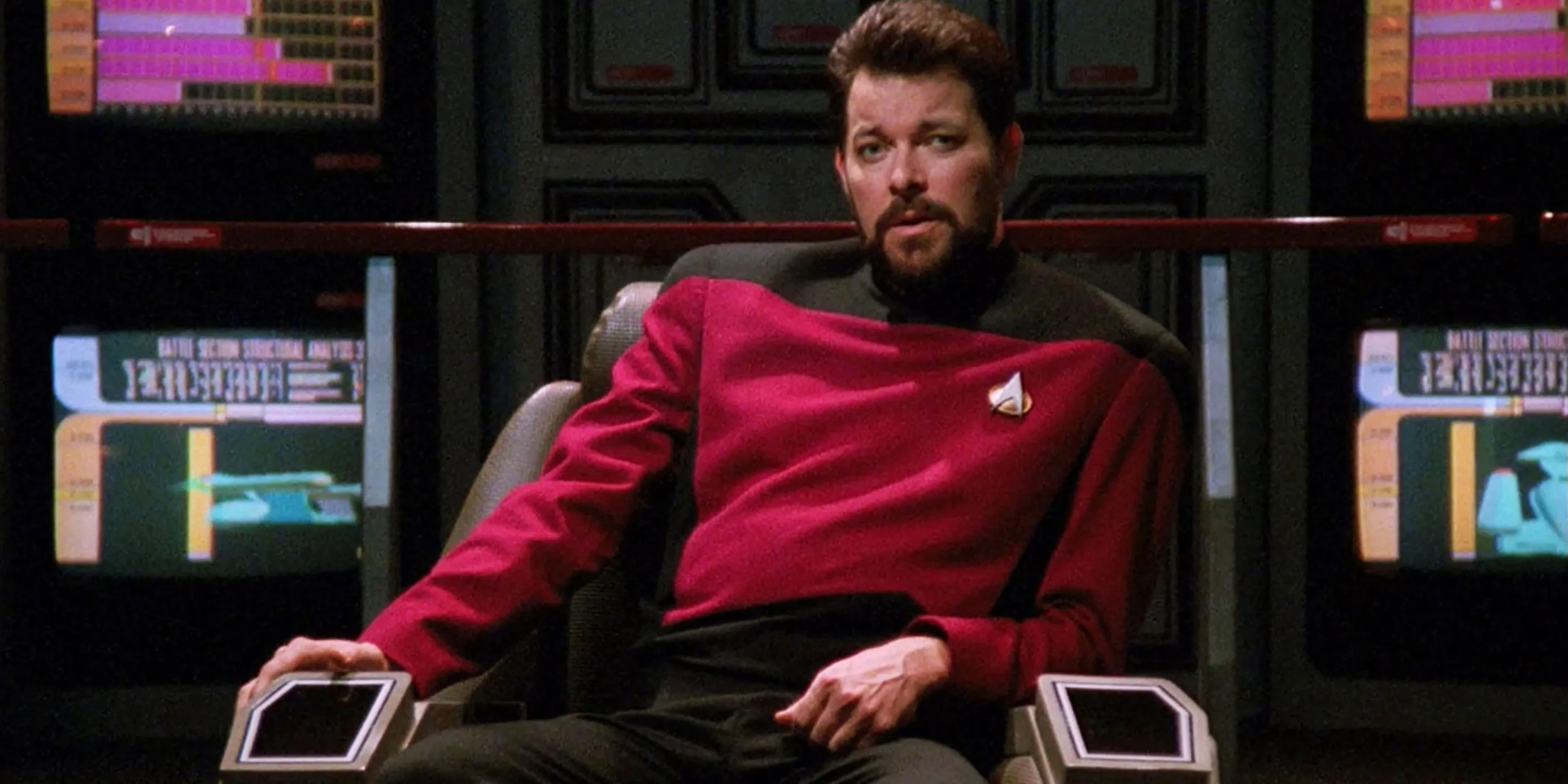
Among the illustrious First Officers of the Enterprise, Subcommander T’Pol (portrayed by Jolene Blalock) initially held the position aboard the NX-01 Enterprise under Captain Jonathan Archer (Scott Bakula) but never ascended to Captaincy herself. T’Pol joined Starfleet after departing from the Vulcan Science Council and spent a decade serving as Archer’s Number One. Yet, it remains unclear whether she had aspirations of becoming Captain when Archer received his promotion.
Lt. Commander Una Chin-Riley (played by Majel Barrett Roddenberry, later by Rebecca Romijn) was instrumental in coining the term ‘Number One’; however, she too did not transition to Captain. Serving under Captain Christopher Pike in “The Cage”and “Star Trek: Strange New Worlds,”Una’s journey perhaps suggests that circumstances rather than capability played a role in her omission from command when Captain Kirk took over. Future narratives in Star Trek: Strange New Worlds may illuminate her story further.
Moreover, Commander William T. Riker served the USS Enterprise-D and E loyally for over 15 years but ultimately chose not to replace Jean-Luc Picard as Captain. Riker’s strong partnership with Picard, coupled with his comfort in the Number One role, often delayed his career ambitions. In Star Trek: Nemesis, recognizing the need for a change, Riker opted to command the USS Titan, marking the culmination of his aspirations. His patience is notable, as Riker waited perhaps longer than any other Starfleet officer had before seizing command in a different ship.




Leave a Reply